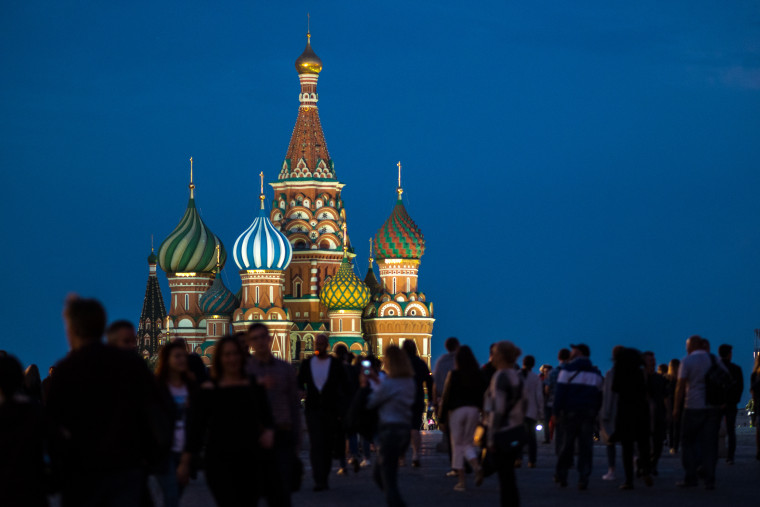Four years removed from Russian efforts to interfere in U.S. elections, the public confronted some startling reports last week about a sequel. The New York Times reported that U.S. intelligence officials warned lawmakers in a private briefing that Moscow is once again engaging in election interference, and the Kremlin once again hopes to help Donald Trump. The report added that Russia is also taking aim at the Democratic presidential nominating process.
About 24 hours later, the Washington Post reported that Sen. Bernie Sanders (I-Vt.) recently received a private intelligence briefing in which officials alerted the senator to the fact that Russia was taking steps specifically to assist his candidacy. A Wall Street Journal report added, "The classified FBI briefing wasn’t of the type routinely given to presidential campaigns about election security.... It was given in reaction to intelligence considered compelling enough that Mr. Sanders needed to be alerted."
There's no shortage of relevant angles to developments like these, including suspicions that Russia may be trying to boost Sanders because Vladimir Putin's government -- rightly or wrongly -- see the Vermonter as a candidate Trump is likely to defeat. But let's also not look past how the two 2020 contenders responded to the news from late last week.
On the one hand, Sanders, in no uncertain terms, excoriated Russia publicly.
"The intelligence community has been very clear about it -- whether Trump recognizes it not, or acknowledges it or not, they did interfere in 2016," Sanders told reporters. "The intelligence community is telling us they are interfering in this campaign right now in 2020. What I say to Mr. Putin: If elected president, trust me, you will not be interfering in American elections."
The independent senator added, "I don't care, frankly, who Putin wants to be president. My message to Putin is clear: stay out of American elections."
This was, of course, exactly the kind of message many might expect to hear from an American president who intends to succeed without foreign intervention. But the current occupant of the Oval Office had an entirely different reaction to the latest revelations. After punishing leading intelligence officials for sharing politically inconvenient information with Congress, Donald Trump lashed out -- not at Russia, but at Democrats.
"I was told it was happening, I was told a week ago, they said, 'You know, they're trying to start a rumor.' It's disinformation," the president told supporters at a Las Vegas rally. "That's the only thing they're good at."
The Republican added that the very idea of Moscow trying to support his re-election effort is a "hoax." Leading White House officials fanned out on the Sunday shows to echo Trump's position.
Whatever one thinks of the broader political or electoral context, the differences between the two camps is striking. Against the backdrop of reports that Russia wants to help Trump, the Republican lashed out at Democrats. Against the backdrop of reports that Russia wants to help Sanders, the senator lashed out Moscow, explicitly demanding that Putin "stay out of American elections."
A cynic might wonder why the White House seems reluctant to embrace Sanders' line.
